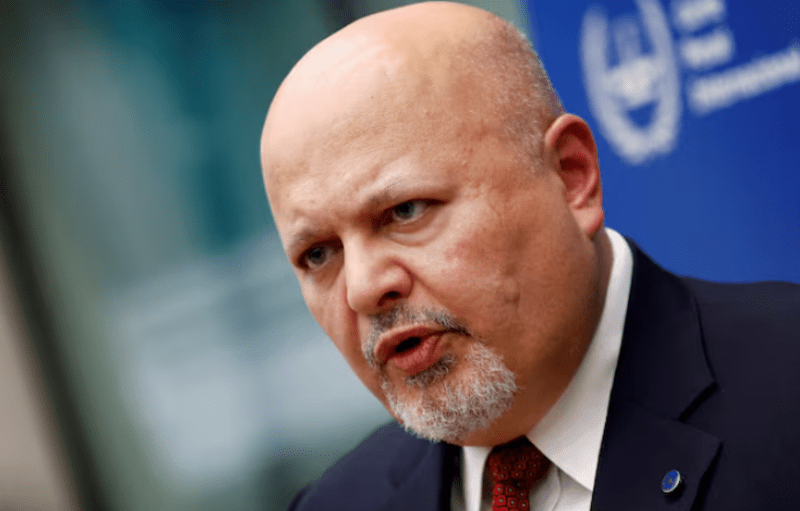African states back ICC amid calls to end intimidation of officials

Kenya did not support the statement due to the experience that its leaders, Uhuru Kenyatta and William Ruto, underwent—they were summoned to the court after taking office in 2013 for crimes against humanity.
Uganda, the DRC, Comoros, Botswana, Djibouti, and South Africa are among the African countries that have joined nearly 100 other nations in signing a statement in support of the International Criminal Court (ICC).
Senegal, along with Belgium, Jordan, Chile, and Slovenia, initiated the statement, which Tunisia, Congo-Brazzaville, Ivory Coast, Gabon, Ghana, and Lesotho also committed to.
More To Read
- ICC ends 13-year probe into Kenya’s post-election violence as two fugitives remain at large
- ICC urged to probe Tanzania over post-election civilian killings
- Kenya’s Phoebe Okowa elected to serve as judge at International Court of Justice
- ICC confirms war crimes charges against Joseph Kony in absentia
- Sudan crisis deepens as ICC warns El-Fasher atrocities may be war crimes
- UN Rights Chief appalled by continued killing of civilians in Sudan
"As States Parties to the Rome Statute of the International Criminal Court, we uphold that the court, its officials, and staff shall carry out their professional duties as international civil servants without intimidation," the pledge issued on June 14 read.
"The ICC, as the world's first and only permanent international criminal court, is an essential component of the international peace and security architecture. We, therefore, call on all states to ensure full cooperation with the court so that it can fulfil its important mandate of ensuring equal justice for all victims of genocide, war crimes, crimes against humanity, and crimes of aggression, which are grave crimes that threaten the peace, security, and well-being of the world."
The support comes after the prosecutor's office called for an end to what it described as intimidation of its staff, warning that such threats could constitute an offence against the world's permanent war crimes court.
In a statement on May 3, the ICC Prosecutor's Office said that all attempts to impede, intimidate, or improperly influence its officials must cease immediately. It added that the Rome Statute, which outlines the ICC's structure and areas of jurisdiction, prohibits these actions.
The statement, which did not specify cases, followed Israeli and American criticism of the ICC's investigation into alleged war crimes committed during the Israel-Palestine conflict in the Gaza Strip, a Palestinian enclave.
In May, ICC Prosecutor Karim Khan requested the court issue arrest warrants for Israeli Prime Minister Benjamin Netanyahu, Israeli Defence Minister Yoav Gallant, and three Palestinian officials, citing reasonable grounds to believe they bear criminal responsibility for war crimes and crimes against humanity.
Kenya did not support the statement due to the experience that its leaders, Uhuru Kenyatta and William Ruto, underwent—they were summoned to the court after taking office in 2013 for crimes against humanity during the 2007-2008 post-election violence.
The Rome Statute, which established the International Criminal Court, was adopted in 1998.
Before you go, how about joining our vibrant TikTok and YouTube communities for exciting video stories?
TikTok: Click here. YouTube: Click here.
Top Stories Today












































